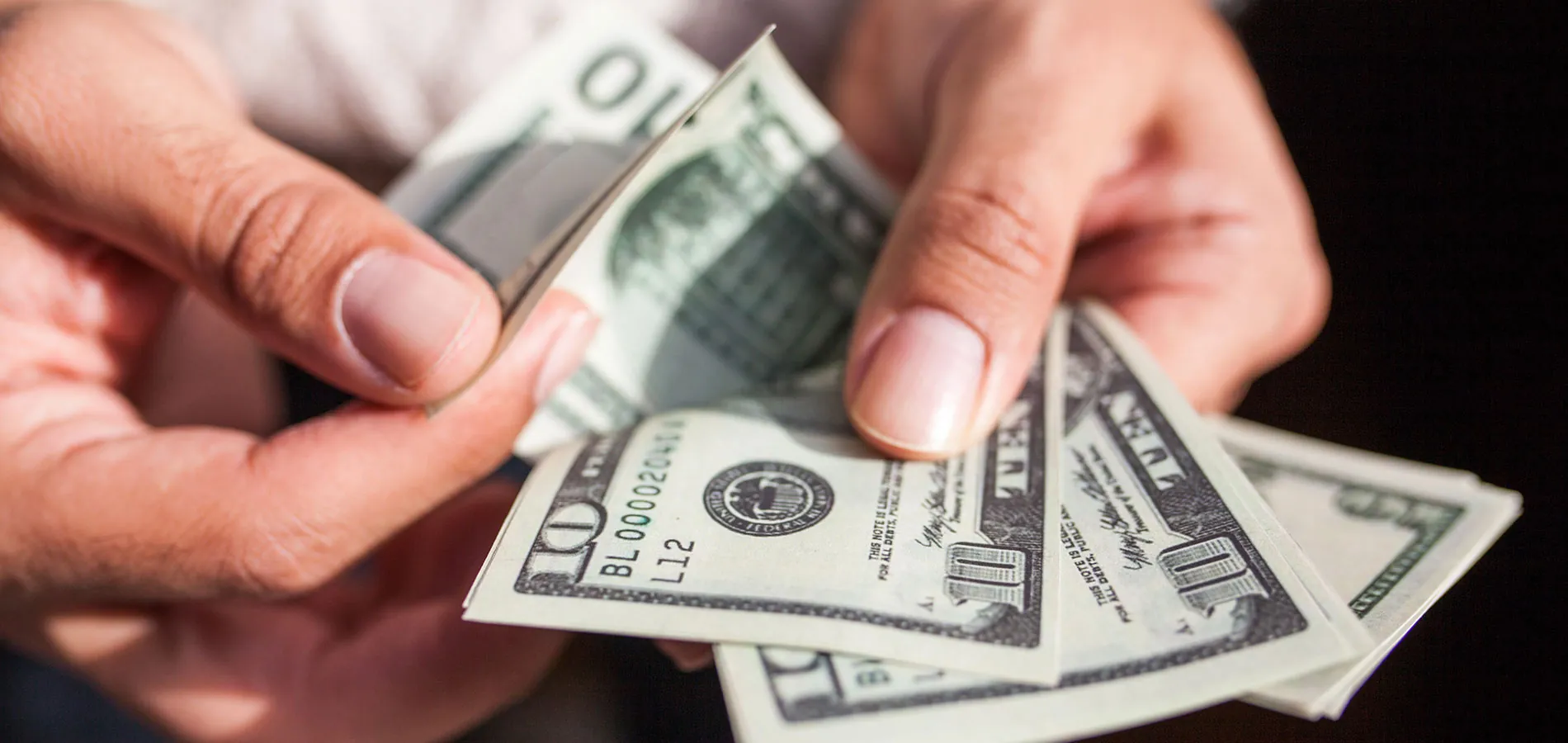
Why Payday Loans Are a Bad Idea
When you find yourself in a financial emergency with poor credit and no savings, a payday loan may seem like your best option. However, in many instances, this type of loan can do more harm than good.
What is a Payday Loan?
A payday loan is a short-term loan designed to last no more than a few weeks. However, because borrowers are often unable to pay off the initial amount, the average loan ends up lasting five months.
These loans are targeted at people who need cash fast because the application process only takes a few minutes. All that’s required is an income verification and proof of a checking account — there’s no credit history check, another reason why some people are lured by payday lenders.
How Does a Payday Loan Work?
When you’re approved for a loan, the money you borrow is deposited into your account, which the lender ensures is also the account where your paychecks are deposited. The lender then requires you to write a postdated check in the amount of the loan plus interest. This ensures the lender can collect payment by the agreed upon date without having to track you down.
For example, if a payday lender approves a $500 loan on June 12, and requires repayment by June 28, the total cost of the loan might be $575 after interest. The borrower then writes a check for $575 and postdates it for June 28. This date is set to coincide with the borrower’s payday, ensuring the check clears the account before other bills are paid. That’s why they’re called payday loans.
Why Do People Take Out Payday Loans?
Payday loans are most common among people with low credit scores. They may not be able to secure a loan from a traditional bank, so they see this as a last resort. Payday loans also target people living paycheck to paycheck. Because over two-thirds of Americans have less than $1,000 in savings, the potential market for payday loans is massive.
Living paycheck to paycheck is feasible most of the time — until there’s an emergency that requires immediate cash. And with no savings and no credit, some people turn to payday lenders.
Cons of Payday Loans
The problem with payday loans is that they target people who have a difficult time paying off even relatively small loans. They borrow money out of desperation, even if they know they can’t pay it back.
About 12 million Americans take out payday loans each year at the cost of $9 billion in loan fees. The fees are so high because the interest is outrageous. $75 in interest on a $500 loan would be 15% if the loan were for a full year. However, it’s only for two weeks, making the annualized interest nearly 300%! In fact, this is on the low end for payday lenders. The average annual percentage rate is 391%, with many lenders charging 500% or more.
What’s even more concerning is that these shocking interest rates are charged to the people who are least likely to afford them. If someone doesn’t have $500 to pay for a car repair today, they probably won’t have $575 to pay the lender back in two weeks. That’s how borrowers become locked in a cycle of debt.
To pay off the initial loan, the borrower must take out a second loan two weeks later, and a third loan two weeks after that. The lender provides continuous financing, but the original loan balance remains outstanding while the lender collects the interest payments. A year of this pattern with $75 in interest every two weeks results in the borrower paying nearly $2,000 for the one-time $500 loan.
How to Avoid Needing a Payday Loan
To prevent falling prey to a payday lender, you must set money aside for emergencies and build credit in case you do need to take out a loan. Here’s how to start tackling both of these challenging tasks.
Set Up an Emergency Fund
If you’ve never had much of a savings account before, start to build one with these tips:
- Monitor your spending. Always tuck away 10% before you pay for necessities and extras.
- Put your income tax return in a savings account.
- Sell off items you don’t need to raise a few hundred dollars.
When you have some money saved up, start transferring it into a separate account deemed your emergency fund. Aim to save at least three months of your average income.
Here’s more information on how to set up your emergency fund.
Improve Your Credit Score
With good credit, you can be approved for low-interest personal loans instead of resorting to payday loans. Here are a few tips:
- Pay all bills and existing loan payments on time.
- Focus on paying off debts with the smallest balance or highest interest rate first.
- Avoid incurring any new debt or applying for new credit cards.
Here’s more information on how to improve your credit score.
The next time you need to borrow money, talk to Connexus first. We have loan options available that can help you get the money you need without having to visit a payday lender.